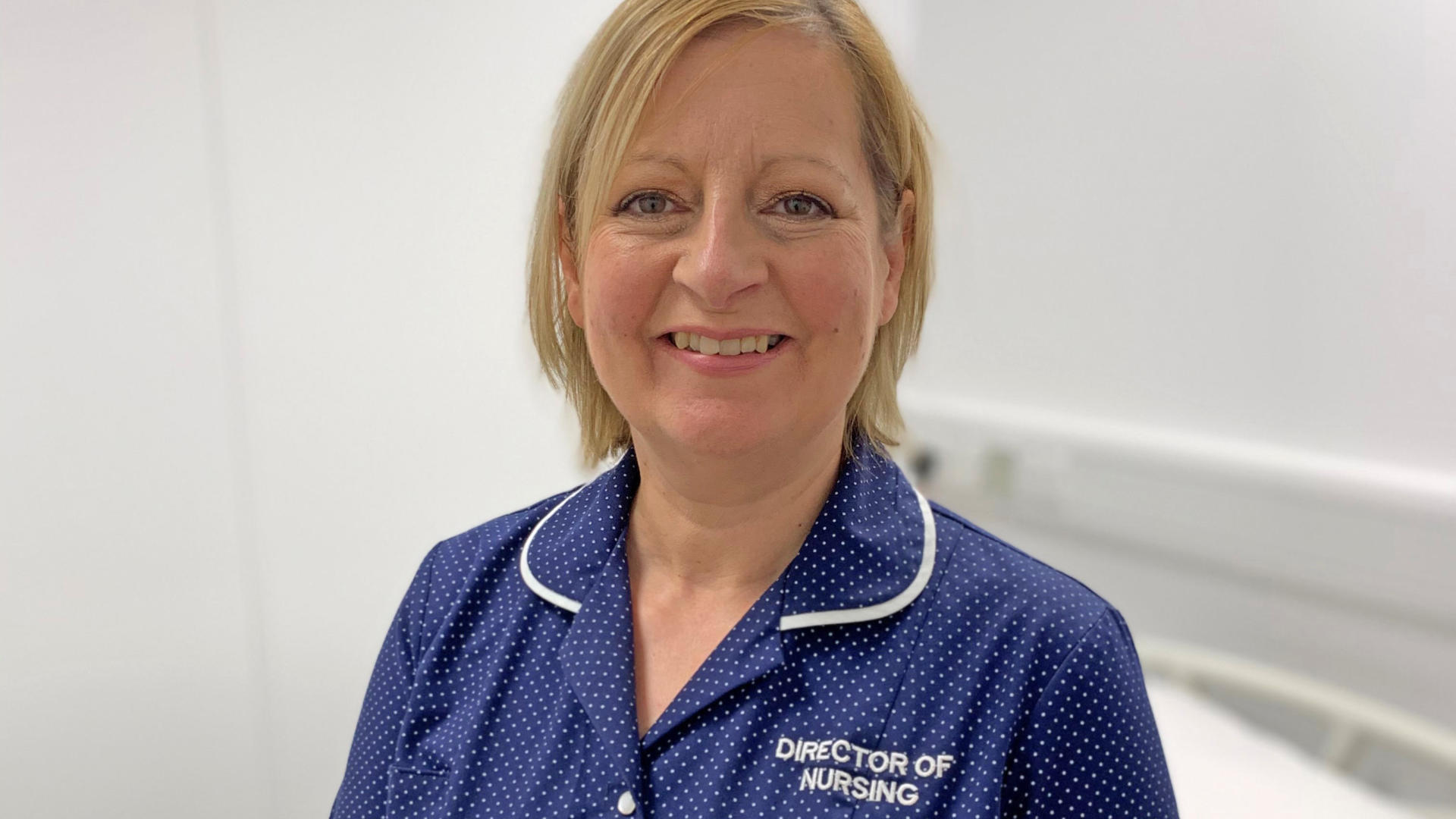The Care Quality Commission (CQC) this month released its latest report on Lincolnshire’s hospitals, which shows widespread improvements to services and leadership.
We are so pleased with the progress that the trust has made over the past few years, particularly against the backdrop of COVID.
In the report, the CQC particularly applauded, ‘without exception, staff treated patients with compassion and kindness, respected their privacy and dignity, took account of their individual needs, and helped them understand their conditions. They provided emotional support to patients, families and carers,’ and ‘from every conversation the inspection teams had with trust staff it was clear that the patient was at the heart of their work.’
The ratings for medical care and children’s and young people’s services at Lincoln County Hospital improved from ‘Requires Improvement’ to ‘Good’. Children’s and young people’s services at Pilgrim Hospital, Boston went up from ‘Inadequate’ to ‘Good’. Urgent and emergency care services across the trust went up from ‘Inadequate’ to ‘Requires Improvement’ and maternity services at Pilgrim hospital went up from ‘Requires improvement’ to ‘Good’.
We are really pleased that the huge effort that everyone has put into providing and improving services, particularly over the past two years, has been recognised. The CQC has recognised the significant improvements we have made in the quality and safety of our services since the last inspection in 2019. They have commented that this was particularly impressive against the COVID backdrop. Positive comments were also made about the trust having a strong cohesive team with collective leadership at Board level.
Whilst widespread improvements had been made, we acknowledge there are still concerns regarding access and flow in the urgent and emergency department at Lincoln County Hospital. People continued to experience delays in accessing the service and receiving care promptly. Waiting times from referral to treatment and arrangements to admit, treat and discharge patients were still below national standards.
We are determined to take this feedback and make further significant improvements across the trust, for the benefit of our patients and staff.
I want to say a big thank you to all our staff and partners who have come together over the past few years to help us to improve our services for the people of Lincolnshire. There is still more to be done but we are heading in the right direction.






